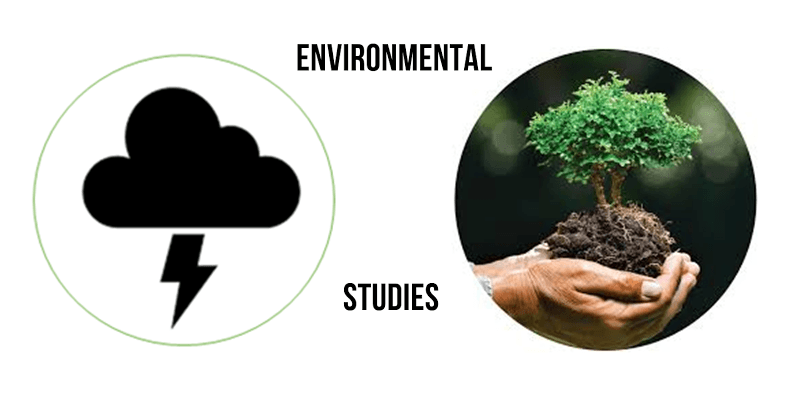
This article provide an overview of what corrosion is and what are the major corrosion issues in oil and gas
pipelines. The focus will be on understanding basic corrosion control fundamentals, how materials corrode,
what techniques are used to monitor corrosion. Readers will be introduced to protective coatings and its selection, corrosion monitoring in field applications and cathodic protection. The course content will provide the basic skills and understanding to control and solve corrosion issues.
Corrosion refers to the destructive reaction of a metal with its environment. It takes place in the presence of
a supportive medium, which is referred to as an electrolyte.
GET INSTANT HELP FROM EXPERTS!
- Looking for any kind of help on your academic work (essay, assignment, project)?
- Want us to review, proofread or tidy up your work?
- Want a helping hand so that you can focus on the more important tasks?
Hire us as project guide/assistant. Contact us for more information
Corrosion causes leakages that lead to disasters such as fires and explosions. Therefore, it affects the safety
aspects and standards held in oil and gas pipelines.
There are different ways of preventing or controlling corrosion that mostly focus on the prevention of
contact between the pipelines and the medium or environment that leads to corrosion.
Oil and gas pipelines are made of low-carbon steel, which makes them susceptible to corrosion. The fatal
consequences of corrosion reinforce the need to engage constant monitoring, which aims at identifying the
presence and extent of corrosion.
Costs of corrosion to the oil industry are billions of dollars in a year. Oil and gas pipelines, refineries and
petrochemical plants have serious corrosion problems.
Internal corrosion in oil and gas pipelines is generally caused by water, carbon dioxide (CO ) and 2
hydrogen sulfide (H S), and also can be aggravated by microbiological activity.
Personnel from the Oil and Gas industry: Operators of pipelines, Maintenance personnel, Facility engineers, Engineering technologists, Facility inspectors, Managers.

Leave a Reply